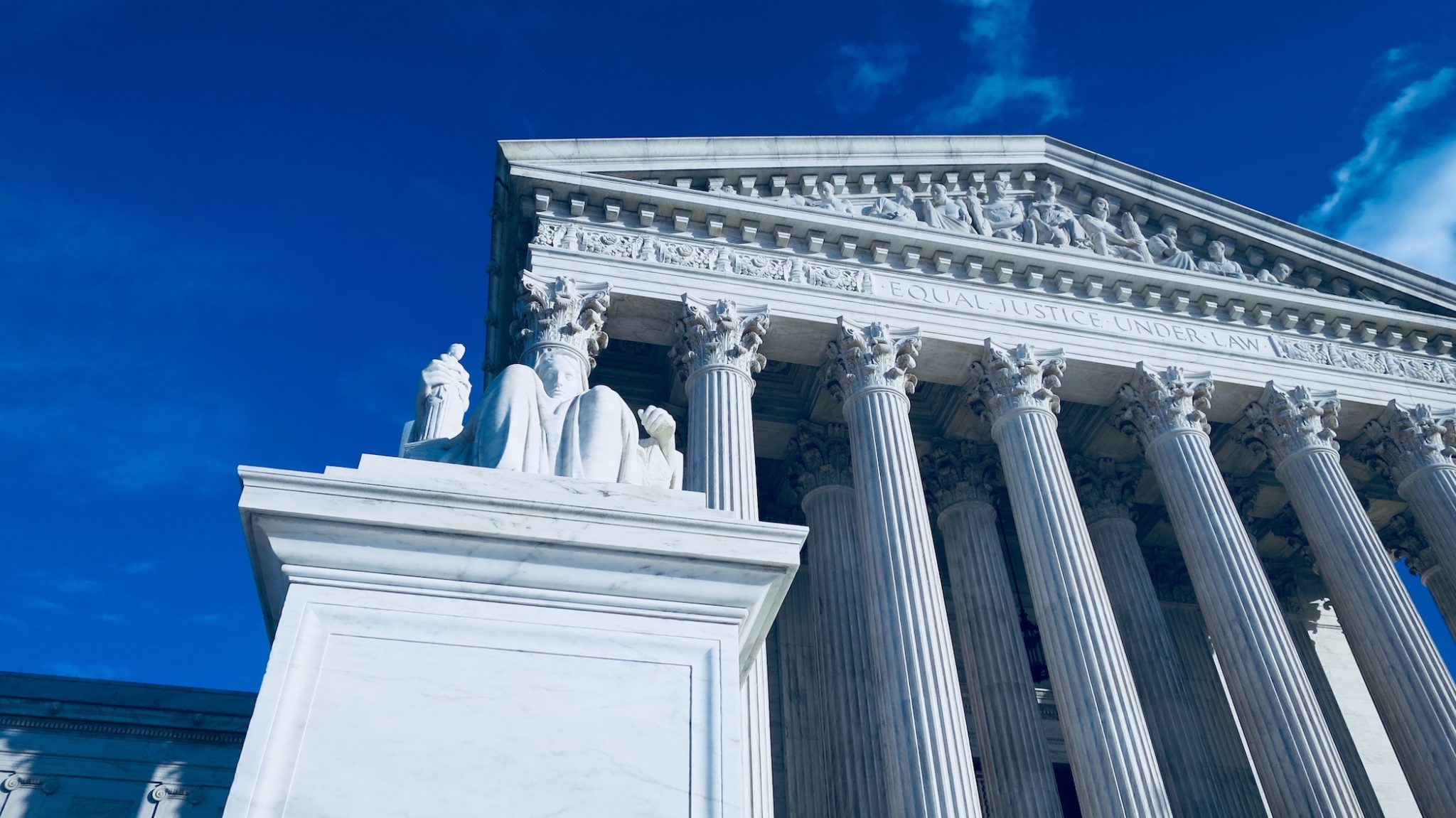The Supreme Court on Monday summarily affirmed a ruling from a lower court that dismissed a case brought by DC residents that sought full voting rights in the House of Representatives. The four-sentence ruling from SCOTUS said the United States District Court for the District of Columbia correctly decided Castañon v. United States of America, effectively saying that DC residents aren’t entitled to voting representation in the House.
DC has a non-voting member of the House, Delegate Eleanor Holmes Norton. Castañon had argued that DC residents who are US citizens and pay taxes are unconstitutionally disenfranchised by this arrangement, which “violates the constitutional guarantees of equal protection, due process, and the constitutional right of association.” The Supreme Court’s brief ruling cited its similar decision in Adams v. Clinton in 2000. A panel of judges in that case agreed that there was “inequity” in DC’s predicament but said Congress—not the courts—was the proper venue to address it.
The House passed voting rights legislation for DC earlier this year, but the bill effectively died in the Senate after US Senator Joe Manchin, of West Virginia (a state admitted to the union under unorthodox circumstances in 1863), said he opposed it.



















